Comment
Insights and expert analysis on climate issues.
Share


Can higher ambition in developed countries create ‘carbon space’ for others?
Dr Carl-Friedrich Schleussner
What does a 'fair share' of global emissions look like for Africa and South Asia? Both regions have low historical emissions and a strong claim to the remaining carbon space.
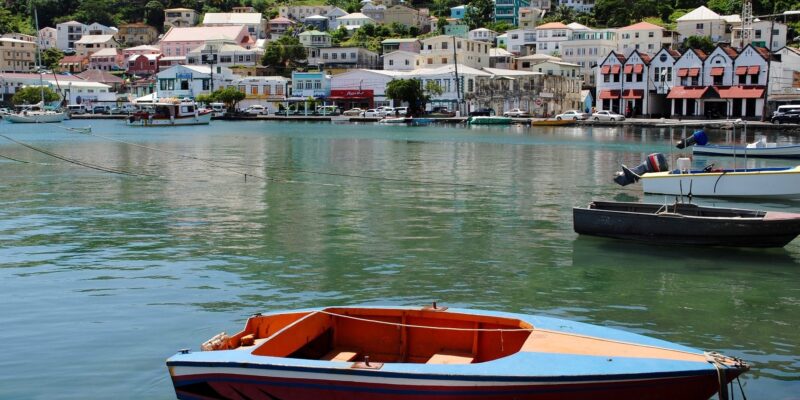
The IPCC has highlighted the Caribbean’s vulnerability to climate change: what does this mean for climate justice?
Rueanna Haynes
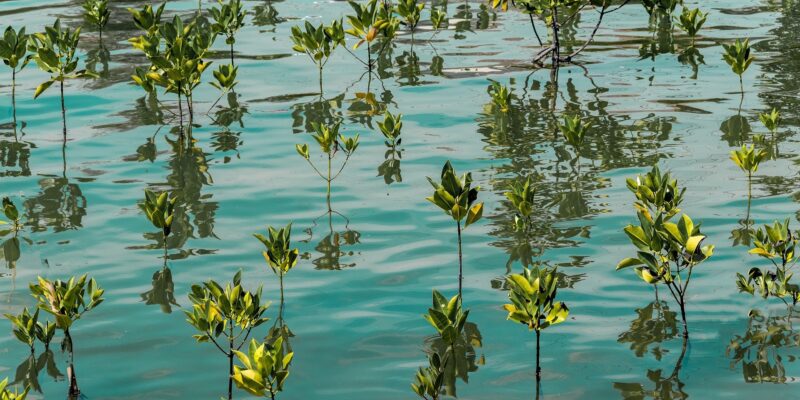
Climate change and small islands: more scientific evidence of high risks
Dr Rosanne Martyr
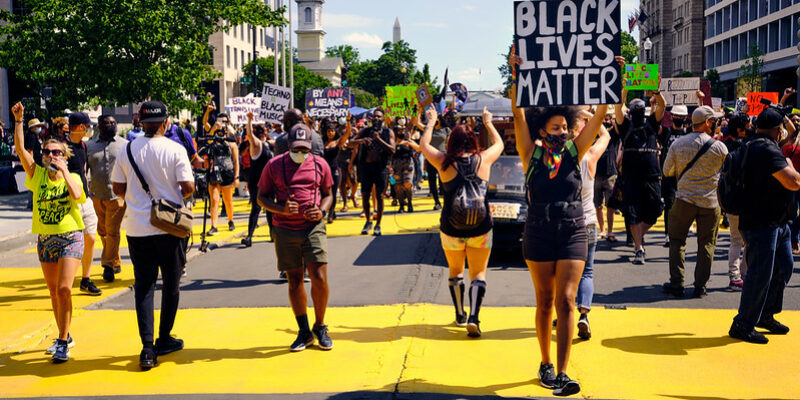
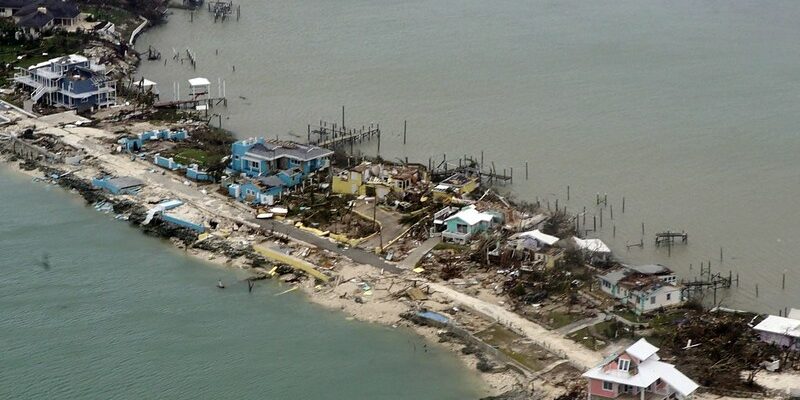
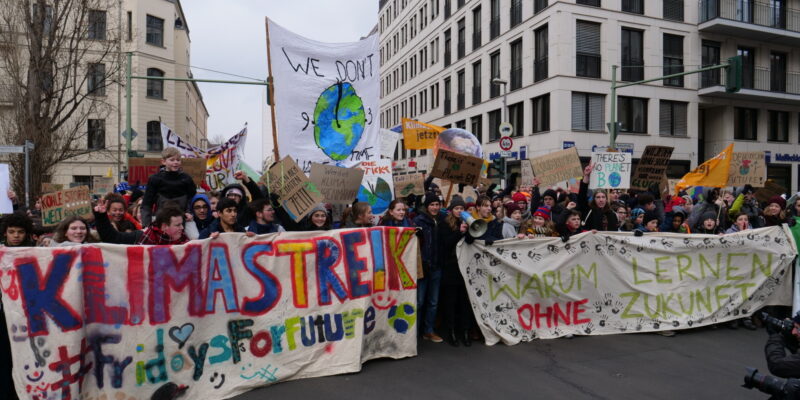
Livin' in the future - delaying climate action and intergenerational justice
Dr Carl-Friedrich Schleussner
School kids around the world are taking to the streets demanding that the older generation step up efforts to tackle climate change, which they see as a major threat to their future. The teenagers of today will still be alive to bear the climate impacts of tomorrow - like sinking coastlines and cities, droughts, floods, crop failures - and will have an ever shrinking range of options to deal with the legacy of inaction on cutting carbon emissions.
(Also available in German)